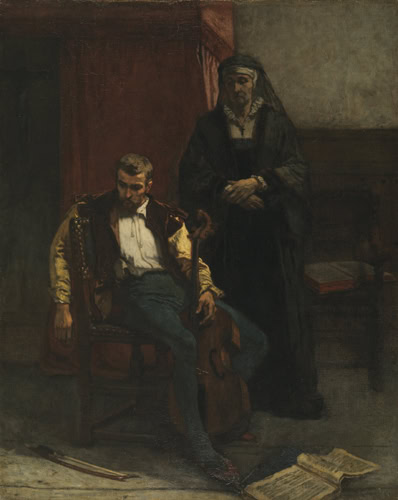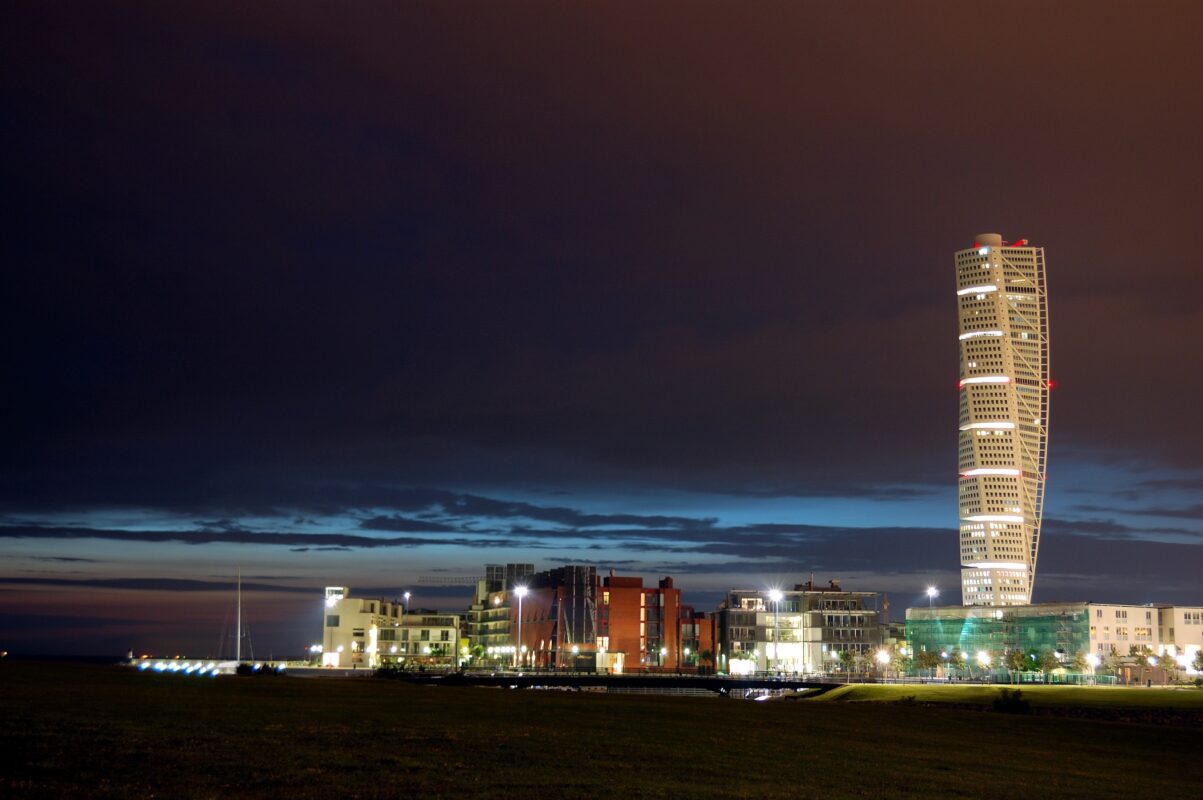Turned towards life
Heinz Marti, long-time Central President and honorary member of the Swiss Musicians' Association, died last September 2. Born in 1934, the musician was of great importance to our association.
"You have decisively moved and changed the SMV," said Hans Martin Ulbrich in his speech on the occasion of Heinz Marti being awarded honorary membership of the SMV. This statement is absolutely true when one remembers all that Marti has achieved for the association: Not only was he responsible for the revision of the SMV statutes, but he also initiated the establishment of the SMV Foundation and prepared the SMV's transfer to the Swiss Federation of Trade Unions. The design of a new SMV mission statement and logo and the introduction of the association's own homepage can also be traced back to his initiative, as can the establishment of the members' conference for freelancers and the introduction of a pension scheme for this group of members. Marti was also involved in the founding of the Schweizer Musikzeitung, which you are holding in your hands and which was created through the merger of various trade journals. The reorganization of the Biel orchestra courses and the co-founding and support of the SON Foundation also fall within his term of office as SMV Central President. He also represented the SMV on the board of the FIM, the International Federation of Musicians, and took part in meetings and congresses worldwide.
Violist, trade unionist and composer
As a violist, Heinz Marti first played in the Zurich Chamber Orchestra, then in the Zurich-based Radio Orchestra, from 1968 finally in the Tonhalle and Theater Orchestra, and after the separation of the two orchestras in 1981/82 in the Zurich Opera Orchestra until his retirement in 1996. He was a member of the board of the Zurich section of the SMV, later as president, and was the orchestra's staff representative on the Tonhalle board. His work as a composer was by no means a sideline for him: he even revealed to an interviewer that he had always seen composing as his main priority. After training with two of the most important Swiss composers, Sándor Veress and Klaus Huber, Marti created an oeuvre of around 80 works, some of which have been performed numerous times. In his speech on Marti's 80th birthday, Alfred Zimmerlin described his composing as follows: "Heinz Marti consistently went his own way, even early on, when he was still considered an avant-gardist. In retrospect, the fact that he then wanted to become more comprehensible and easier to understand is no longer perceived as the aesthetic break that it was perceived as at the time, but rather as a logical continuation of what Marti was already doing: composing with a certain rigor of construction, building with simple elements, comprehensible in its structure and yet complex in its result. And the human element was and is always his yardstick." In his compositions, Marti also dealt with the world around him. In his own commentary on the large orchestral work Growing threat (1984/85), he writes that his play was created "under the oppressive impression of the unstoppably advancing destruction of the environment by modern civilization". In his Muotathal night music for Schwyzerörgeli and string orchestra from 1998, he convincingly combines Swiss folk music and new music.
Diverse interests
His companions describe Marti as a man with a sense of social responsibility and a pronounced sense of justice, both humorous, warm and critical, who was concerned about improving the working conditions of musicians and their pensions. However, it was no less important to him that the musician's profession was increasingly perceived, recognized and appreciated. In all his diverse activities, Marti remained focused on life, was very well-read and appreciated other cultures (and their cuisine). In 1978, he bought an alp in Ticino, which he farmed every summer.
In Heinz Marti, Swiss musical life has lost an outstanding instrumentalist, composer and champion of our wonderful profession.








